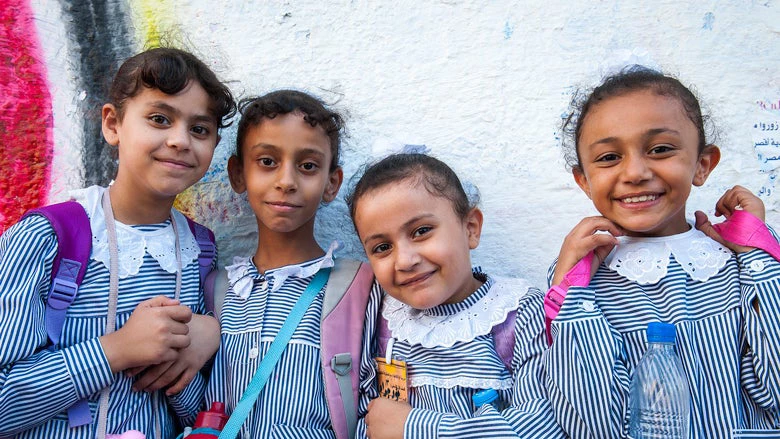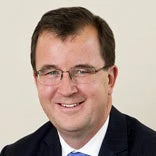
When I was a teenager, I went hiking in the French Alps. When I arrived at the top, the view was magnificent. It was like a picture postcard with the sun glimmering off the snow under a clear, blue sky.
"This is the one of the most beautiful scenes I'll ever see in my life," I thought and said so to our guide, who also happened to be a monk.
"You know that's wrong," he replied. "Every single human being is more beautiful than this."
It was an important life lesson for me and made me realize the value of each and every person.
Today, I am the Managing Director and World Bank Group CFO. I know that finance can be highly disruptive and destructive. This was borne out by the 2007-2008 global financial crisis, where excessive borrowing, risky investments and lack of transparency brought significant hardship to many families worldwide.
However, finance can also be an immeasurably powerful tool for good.
Flow of capital into emerging markets and developing economies for infrastructure increases the availability of basic services, resulting in increased access to water, electricity and sanitation, more hospitals, schools and roads and stimulation of entrepreneurship, trade and prosperity. To help the neediest in our communities, we must build an inclusive financial system that is more robust, principled and well governed to attract more flows.
The scale of poverty in our 21st century world is reprehensible. Today, among a population of over 7 billion, more than 1 billion still live in extreme poverty — living on less than $1.25 a day. There is no room for negligence in financial reform with the welfare of so many at stake.
Improving the lives of the poorest people of our world must be the driver for our growth and development work. Many countries are investing in financial inclusion strategies. I recently travelled to Rwanda, which became the first country in Sub-Saharan Africa to benefit from the Financial Inclusion Support Framework (FISF). This $2.25 million trust fund, executed by the World Bank Group and financed by the Dutch government, will focus on improving access, usage and quality of financial services for the most vulnerable in rural areas and low-income segments.
Such strong partnerships, listening to all voices, has become increasingly important if we are to overcome global and local obstacles to address longer-term development goals. Faith-based groups can be important partners in this effort working on the ground with communities and supporting the global movement to end poverty. Last week, the World Bank hosted an important event inviting religious leaders from around the world to see how we can better collaborate together.
Religion permeates almost every facet of development and faith organizations play an instrumental role in combatting poverty as service providers, change agents and advocates. Partnering with faith-based groups will allow us to combine technical approaches with the motivating power of hope.
This blog was originally posted on LinkedIn.


Join the Conversation